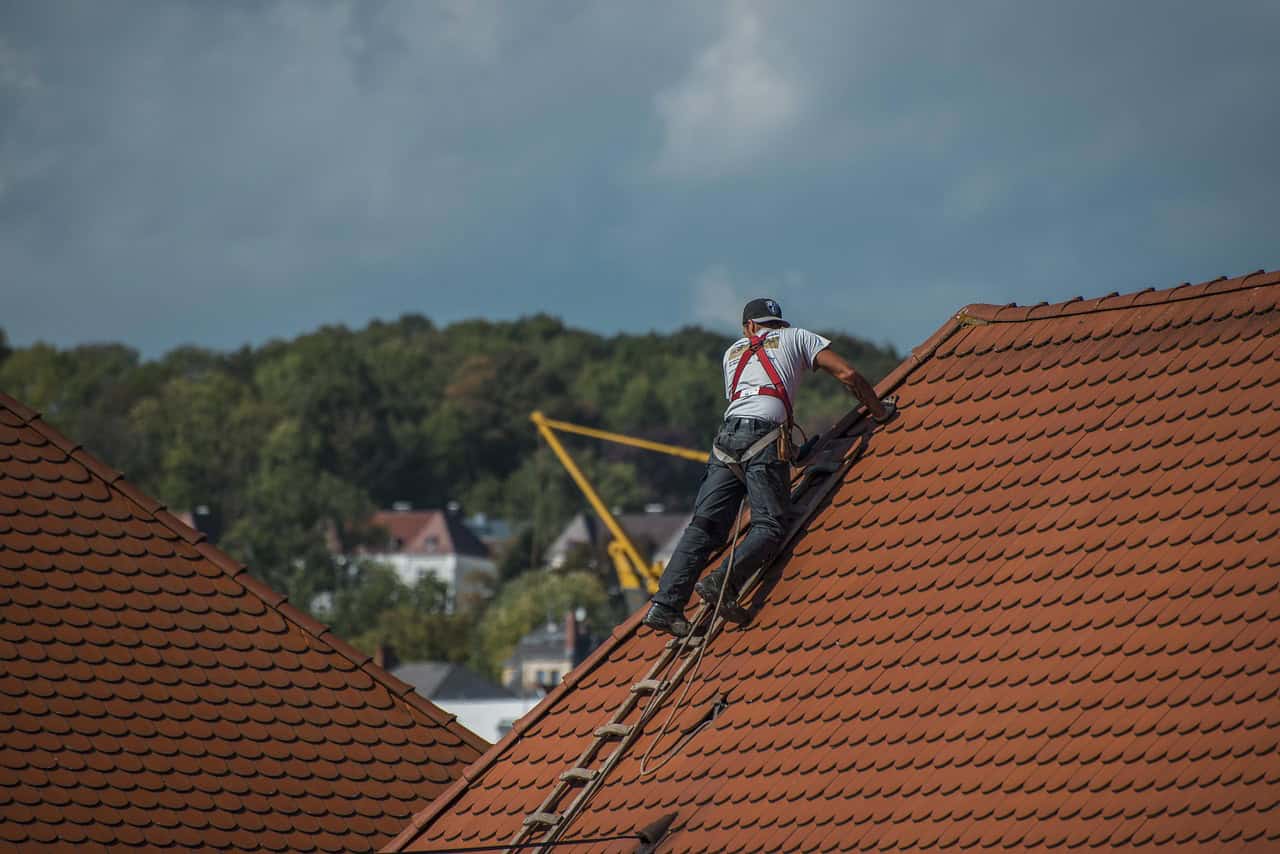When tackling a big clean-up, renovation, or construction project, skip bin hire is one of the easiest and most cost-effective solutions for managing waste. However, not everything can go into a skip. Different materials require different disposal methods, and putting the wrong items in your skip can lead to extra fees, safety risks, or even legal consequences.
Understanding which waste types can and can’t go into a bin is essential for homeowners, builders, and businesses. Here’s a clear guide to help you get it right and make the most of your skip bin hire.

Why Waste Sorting Matters
Waste management isn’t just about convenience. It’s also about safety, environmental responsibility, and compliance. Skip bin companies work with recycling facilities and landfill sites that have strict rules on what can and cannot be processed.
Sorting waste properly helps:
- Reduce landfill by diverting recyclable materials.
- Improve safety by avoiding hazardous items in general waste bins.
- Save money by avoiding fines or contamination charges.
- Protect the environment through proper recycling and disposal.
When you book skip bin hire, your provider will usually offer guidance on acceptable and prohibited items. But here’s a detailed breakdown.
Common Waste Types You Can Put in a Skip
1. General Household Waste
Perfect for spring cleaning or moving house, general waste includes:
- Old furniture, toys, and clothing.
- Non-electrical household goods.
- Boxes, packaging, and light plastics.
As long as the items are non-hazardous, they’re safe to go in your skip.
2. Green Waste
Garden and landscaping projects often generate bulk waste, and most skip bin hire companies accept:
- Grass clippings, branches, and leaves.
- Tree trimmings and shrubs.
- Wood chips and bark.
Note: Large stumps or treated timber may not be allowed, depending on the provider.
3. Construction and Renovation Waste
Skip bins are widely used on building sites because they can take:
- Bricks, tiles, and concrete (in specific “heavy waste” bins).
- Plasterboard and timber.
- Metals such as steel and aluminium.
- Soil, sand, and rubble (again, often in heavy waste bins).
Always choose the right skip size and waste category when booking, especially for dense materials.
4. Recyclables
Many everyday recyclables can go in a skip, including:
- Cardboard and paper.
- Some plastics (check for restrictions).
- Glass bottles and jars.
- Scrap metals.
Providers often separate these materials at sorting facilities, so you don’t always need to.
Waste Types You Can’t Put in a Skip
While skips are versatile, some items are prohibited due to safety hazards, environmental risks, or specialist recycling requirements.
1. Hazardous Materials
Strictly banned from skips are items considered dangerous:
- Asbestos.
- Chemicals such as paints, solvents, and oils.
- Gas cylinders (even if empty).
- Fire extinguishers.
- Explosives or flammable items.
These require specialist handling and disposal through approved hazardous waste services.
2. Electrical Items (E-Waste)
Many skip bin companies don’t accept electronics, including:
- TVs, computers, and monitors.
- Printers, phones, and small appliances.
These items contain materials that must be recycled separately. Most councils provide dedicated e-waste collection points.
3. Batteries
Household, car, and industrial batteries contain chemicals that can leak into soil and water if not handled properly. These must be disposed of through battery recycling services.
4. Tyres
Car and truck tyres usually cannot be placed in general skips. They need to go to tyre recycling facilities due to their composition and processing requirements.
5. Medical Waste
Syringes, sharps, and medical supplies are prohibited due to contamination and infection risks. Hospitals, clinics, and pharmacies provide specialist disposal options.
Choosing the Right Skip for the Job
When arranging skip bin hire, it’s not just about size – it’s also about waste type. Providers often categorise bins into different waste streams, such as:
- General Waste Skips – Household junk, plastics, light materials.
- Green Waste Skips – Organic garden waste only.
- Mixed Heavy Waste Skips – Bricks, concrete, soil, rubble.
- Clean Fill Skips – Soil, sand, clay, and rock (no contamination).
- Recycling Skips – Cardboard, paper, and metals.
Booking the right category ensures that your waste is handled correctly, keeps disposal costs down, and avoids contamination fees.
Tips for Responsible Skip Bin Use
- Plan ahead – Think about the types of waste your project will produce and book the right skip.
- Separate where possible – While providers often sort waste, separating recyclables from general waste helps reduce contamination.
- Don’t overload – Filling a skip above its rim can make it unsafe to transport and may lead to extra charges.
- Ask your provider – Unsure about an item? Most skip bin hire companies are happy to clarify what can and can’t go in.
- Consider recycling options – Before tossing items, see if they can be donated or recycled elsewhere.
Final Thoughts
Skip bins are a practical solution for handling waste during clean-ups, renovations, and construction projects. But knowing what you can and can’t put in them is essential for safe, cost-effective, and environmentally responsible disposal. By understanding the rules and choosing the right bin for your needs, you’ll make the most of your skip bin hire while reducing waste sent to landfill. Responsible disposal not only saves you money – it also helps create a cleaner, more sustainable future.




